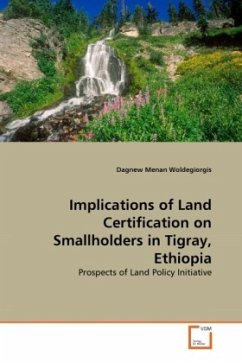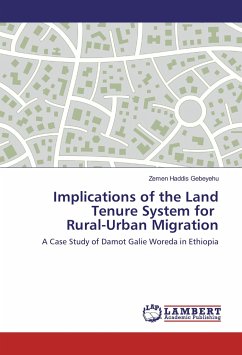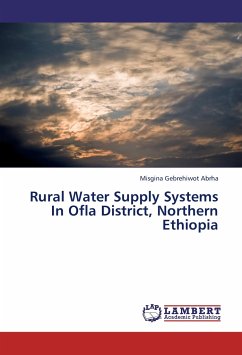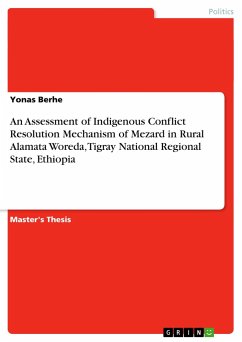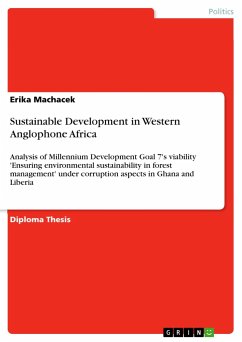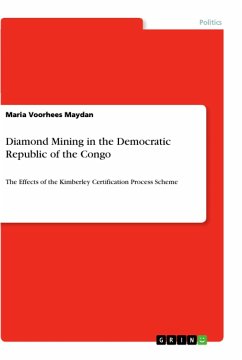Issues and impacts of policies of land tenure are diverse and controversial in Ethiopia because of limited research and enormous political weight. The current land tenure system is cited by many as major impediment to the adoption of sustainable and long term land improvement. This study was undertaken to assess "the implications of land certification" implemented during 1998 2000 in Tigray, Ethiopia, on rural holdings. The findings revealed that perceptions of tenure security on study households conformed that they were holding use right certificate of entire holding and feel sense of ownership. However, constraints of male-based titling have been reflected and urged the need for paired titling. Furthermore, the attributes of long-term investments were more of traditional types promoted through mobilizing communities as compared to the latter being largely of private initiative, shifting towards income generating varieties focused on water and technologies utilization. Therefore, land certification contributed in providing incentives for long-term land investment decisions that may lead to further consolidation of complete private ownership in the region.

